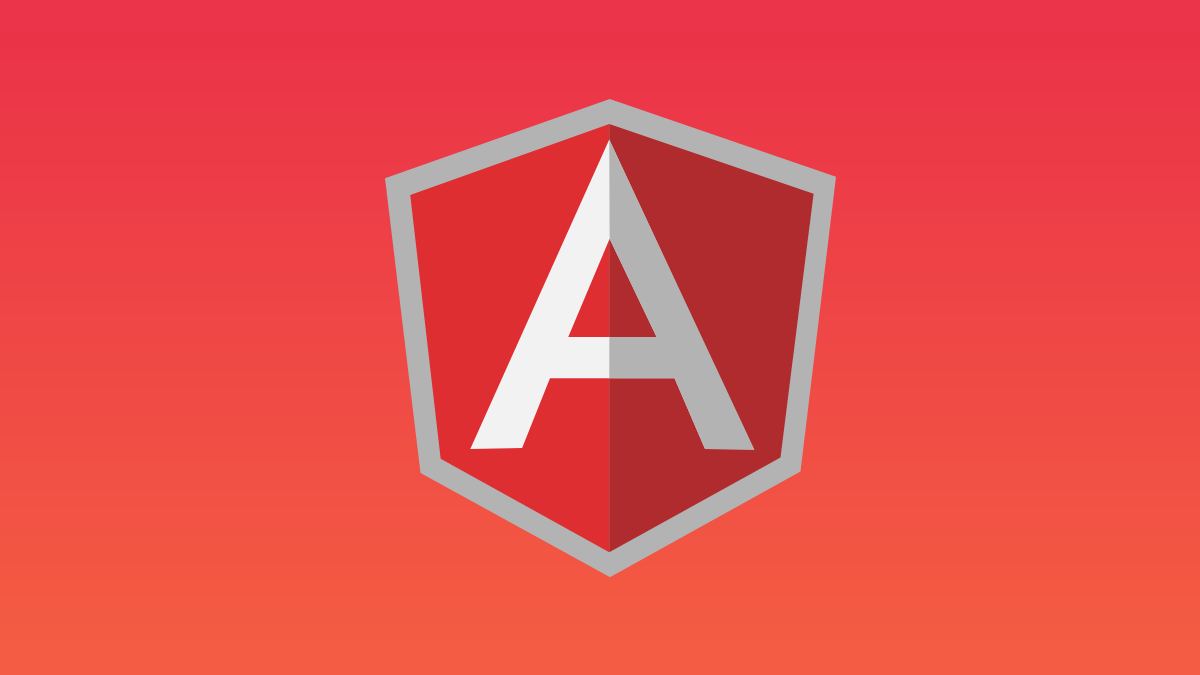If you’ve ever been into web application development, then you must’ve heard about the name, Angular. It has long been a weapon of choice for many front-end web developers due to its robust and dynamic nature. Developed by Google, Angular is an open-source web application framework that specializes in front-end development. It was designed to help individuals and organizations develop scalable and efficient applications quickly and easily. Most modern web applications can be conveniently made with Angular due to the open nature of the framework. While there have been many iterations over the past few years, the most popular one has been Angular 7.2, which was released in 2019.
If you’re not aware of what Angular is, you’re missing out on a drastic development in the app development ecosphere. In this article, we will see the various aspects of this dynamic framework that everyone should be aware of. This will help you understand where it’s needed and whether you need to implement it in your own web applications or not. So without any further delay, let’s get to it and find out all the basics you need to know about Angular.
1. A Brief History
Angular wasn’t always the amazing one-stop solution that it is now, and there have been a lot of updates to it in its lifetime. The very first iteration was AngularJS which was released in 2009, it gained popularity due to its reliability and the ease with which one can create apps. The framework that we’re so familiar with came into origin with Angular 2, which was a complete rewrite of the original version, and it was made available to the people in 2016. Since then, there have been minor and major adjustments to the basic framework that was established by Angular 2. A big update came with Angular 5 in 2017 since it included support for Progressive Web Apps, Build Optimizer, and a better material design. The latest iteration focused more on improving the core experience, and it included some much-needed features like the Bazel tool and enhanced router capabilities.
2. Why People Choose It
The reason for the immense popularity of Angular can’t exactly be pointed out because there is more than one. However, the most important factor that differentiates it from the competition is that it’s developed by Google. Google is a reputed name in the software industry and any product coming from their side is solidly backed by the Google infrastructure. Angular has been the go-to choice for net development due to its robust ecosystem that includes various continually updated libraries, tools, code samples, and more. It also offers some interesting features like defaults for state management, language choices, build toolchains, and more due to which it becomes easier for the developers to develop an application. These are only some of the reasons behind Angular’s popularity and while there are many more, these are the most prominent ones.
3. What Sets It Apart
The current version of Angular, which is 7.2, comes with a plethora of new and remarkable features that make it stand out from the rest. The Bazel support that we talked about before is an immensely useful one as it allows the automation and testing process of the software. This allows even faster development and deployment of the applications, which is one of the most significant advantages of using Angular. Other than this, it also has enhanced router capabilities which are quite nifty at times. The route guard can protect a route by deciding if a user is allowed to load, leave, or activate a certain route. The Angular resolver works in tandem with the route guard, as it enables a developer to provide the required data for a particular route even before it becomes active. We can keep on going on and on about the various novel features of Angular, but that will take more than a single article to cover. There are a lot of things that Angular does better than other web app development frameworks, and this is why it’s the preferred tool of so many developers.
These are some of the basics that everyone should know about Angular before deciding to use it or not use it. In most cases, the various features provided by this platform are more than enough to match any business or individual’s needs. Perhaps this is the reason why it’s used by so many large organizations that include tech giants like Thinksetr, Galvanize, Range, and many others. While everyone is entitled to their opinions about the best app development frameworks, it can’t be denied that Angular stands at the top due to its numerous features.

